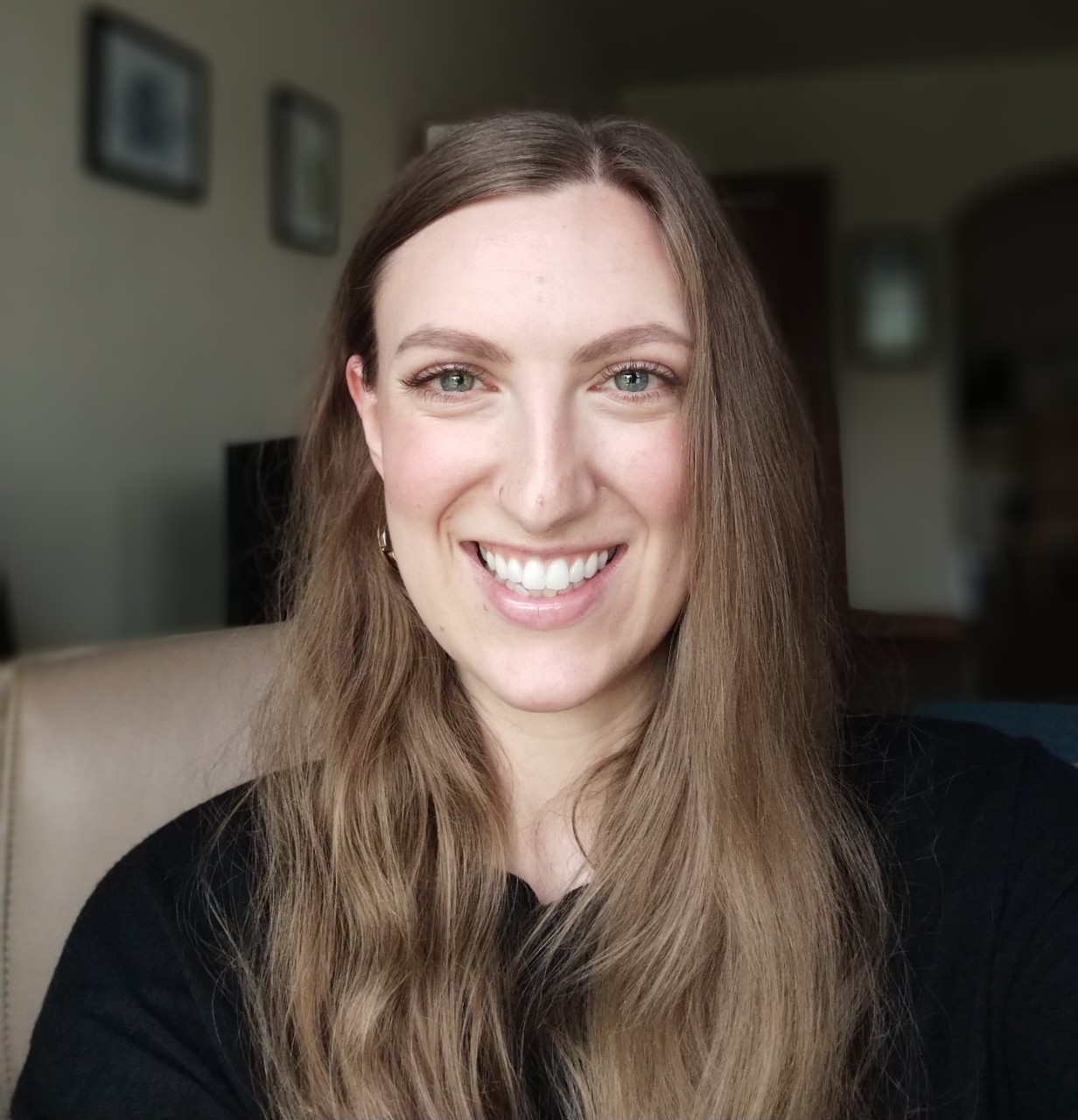
UC study: abortion care hurdles, considerations by Ohioans
UC doctoral candidate leads study on what factors Ohioans consider for abortion care
University of Cincinnati doctoral candidate Orlaith Heymann is a researcher passionate about examining how people navigate institutional policies and cultures, particularly in contentious social fields such as sex education and abortion.
"My scholarship centers on themes of stigma and work in medical contexts and especially how people navigate social institutions like medicine, school and work. For example, my research examines health and well-being in schools and workplaces, sex education as a stigmatized profession and cultural myths of abortion care,” says Heymann, an award-winning doctoral student researcher in UC’s Department of Sociology and lead author of a recent study on abortion.
The study, titled “Selecting an Abortion Clinic: The Role of Social Myths and Risk Perception in Seeking Abortion Care,” examines what strategies Ohioans used for selecting an abortion clinic and is published in the Journal of Health and Social Behavior.

PhD candidate Orlaith Heymann researches how people navigate institutional policies and cultures. Photo provided by Heymann.
“We theorized that people's paths to abortion care would be constrained by time, cost and travel because we know these factors can make obtaining abortion care difficult and sometimes impossible, but there are all kinds of other reasons people select a particular abortion clinic,” says Heymann.
What the study found is that people don’t always choose the least expensive or closest option for abortion care but also considered other factors: Previous positive or negative personal experiences with providers, online reviews and name recognition and clinic type. Proximity was also an important factor, but could be a deterrent for some, out of fear of being recognized.
These factors helped people evaluate perceived clinic “safeness” and navigate the risks they associate with abortion care, such as uncertainty about comfort, safety, privacy and legality, says study co-author Danielle Bessett, an associate professor of sociology and faculty affiliate of both UC’s Women’s, Gender, and Sexuality Studies and the Medical Scientist Training Program.
Most abortion research and advocacy, Bessett says, “has focused on the distance to an abortion clinic because we know that the time and cost of long-distance travel will make it harder for people to get timely care or to get care at all.”
The study also identifies social myths associated with abortion care. Social myths about abortion may include the belief that abortion is inherently dangerous, dirty or scary. These myths shape how people evaluate clinics when selecting a facility.
Even when people had few options to choose from, carefully evaluating those options helped them to feel some control.
Orlaith Heymann Doctoral student and researcher in UC's Department of Sociology
The findings, researchers say, are applicable in other health care contexts: That perceptions of neighborhood desirability and safety may shape choices about health care facilities across different types of care.
With abortion laws changing in some states and many clinics closing, Bessett says that people seeking care will not only have to travel farther, at higher cost, but also may not be able to rely on familiar strategies like personal networks and past experiences to establish where they will feel comfortable getting care.
“Regulations that limit abortion accessibility and contribute to clinic closure can make seeking abortion care feel like an uncertain process. Even when people had few options to choose from, carefully evaluating those options helped them to feel some control,” says Heymann.
Heymann’s research is well recognized, including grant support from the National Science Foundation, a national scholar award from PEO International, grants from UC’s Kunz Center for Social Research, the Taft Research Center and the Graduate Student Government Association, as well as fellowships from the Taft Research Center and Graduate School at UC.
Additional co-authors include Tamika Odum, PhD, associate professor of sociology, University of Cincinnati, Blue Ash College, and Alison Norris, MD, associate professor, Ohio State University College of Public Health and College of Medicine.
Featured image at top of generic waiting room in a health care setting courtesy of Unsplash.
Impact Lives Here
The University of Cincinnati is leading public urban universities into a new era of innovation and impact. Our faculty, staff and students are saving lives, changing outcomes and bending the future in our city's direction. Next Lives Here.
Related Stories
UC’s spring Visiting Writers Series promises robust, diverse...
December 20, 2024
Lovers of literature, poetry and the written word can look forward to a rich series of visiting writer presentations, offered through UC’s College of Arts and Sciences department of English, coming this spring.
Should voters have more say in Ohio's Legislature?
December 19, 2024
UC Professor David Niven talks to WVXU about gerrymandering in Ohio.
UC study examines delivery timing in mothers with chronic...
December 19, 2024
In a study recently published in the journal O&G Open, University of Cincinnati College of Medicine physician researchers found 39 weeks of gestation is optimal for delivery in mothers with chronic hypertension.
